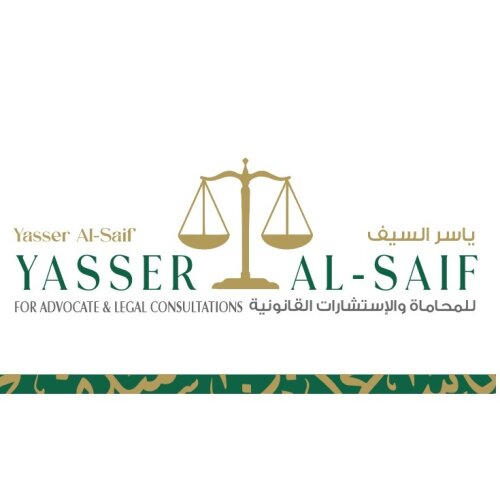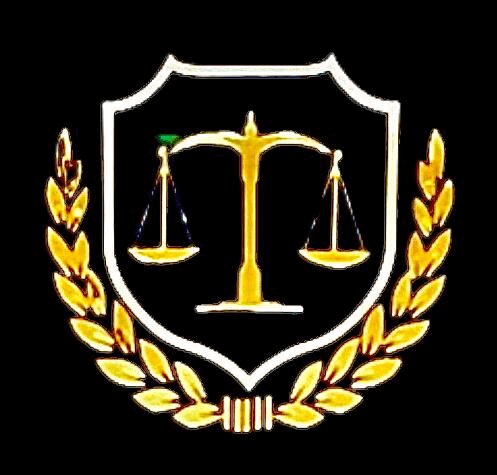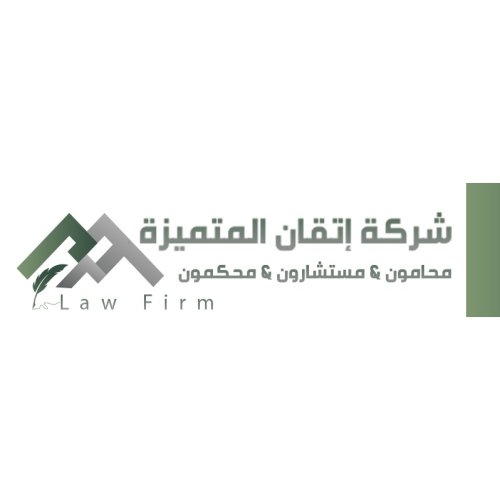Best State, Local, and Municipal Law Lawyers in Saudi Arabia
Share your needs with us, get contacted by law firms.
Free. Takes 2 min.
Or refine your search by selecting a city:
List of the best lawyers in Saudi Arabia
About State, Local, and Municipal Law in Saudi Arabia
State, Local, and Municipal Law in Saudi Arabia governs the legal framework and administration at various governmental levels, ensuring regulation, services, and compliance with national standards. This area of law encompasses the establishment and operation of municipal authorities, local governance, regional development, zoning, public utilities, and municipal services. It also includes the implementation of regulations pertinent to public health, safety, environmental control, and urban planning. With Saudi Arabia's Vision 2030, there is an ongoing evolution to adapt local governance structures for improved efficiency and service delivery.
Why You May Need a Lawyer
Legal assistance in the field of State, Local, and Municipal Law can be crucial for several reasons:
- Property Disputes: Navigating regulations related to property zoning, encroachments, or land use changes can be complex.
- Business Compliance: Businesses may need help with adhering to municipal codes and obtaining necessary permits.
- Licensing Issues: Assistance in securing or renewing business or construction permits can be crucial.
- Environmental Regulations: Addressing compliance with environmental and public health standards requires specialized knowledge.
- Public Service Programs: Individuals seeking information or involvement in local public services may require guidance.
Local Laws Overview
Local laws in Saudi Arabia are shaped by a blend of Islamic law (Sharia) and royal decrees. Key aspects relevant to State, Local, and Municipal Law include:
- Zoning and Land Use: Regulations around zoning ensure balanced urban development, dictating residential, commercial, and industrial area designs.
- Construction Codes: Enforce standards for building safety, energy efficiency, and structural integrity.
- Public Health and Safety: Focus on measures to ensure safety in public spaces, sanitation, and pollution control.
- Environmental Protection: Laws to conserve natural resources and reduce environmental impact.
- Local Governance: Framework for the administration and regulation of municipal services including utilities and waste management.
Frequently Asked Questions
1. What is the role of municipalities in Saudi Arabia?
Municipalities in Saudi Arabia are responsible for local governance, providing public services like waste management, urban planning, and infrastructure maintenance.
2. How are local laws enforced in Saudi Arabia?
Local laws are enforced through various governmental agencies, supported by regulations issued by the Ministry of Municipal and Rural Affairs and the Ministry of Interior.
3. Can foreigners own property in Saudi Arabia?
Foreigners can own property in specific areas, mainly for residential purposes, and within the Economic Cities, under certain conditions.
4. What permits are required for starting a business?
The business must obtain a commercial registration, followed by additional permits depending on the industry and location, which the local municipality typically issues.
5. How can I resolve a zoning dispute?
Start by consulting the local municipality's zoning department. If unresolved, legal assistance can help navigate the complexities of such disputes.
6. Are there specific environmental regulations for businesses?
Yes, businesses must comply with environmental regulations set forth by entities like the General Authority for Statistics and the Saudi Environment Society.
7. What is the procedure to contest a municipal decision?
An appeal can be filed with the relevant administrative authority, and further legal options may be pursued, including appealing to higher governmental bodies or courts.
8. How is public transportation regulated?
Public transportation is regulated by municipal authorities in collaboration with the Public Transport Authority, ensuring compliance with safety and service standards.
9. What are the responsibilities of the local police?
The local police are in charge of enforcing law and order, including the implementation of local municipal laws related to community safety.
10. How do I report a municipal issue?
Issues can typically be reported through the municipality's service centers, hotlines, or online platforms designed for citizen feedback and service requests.
Additional Resources
Several resources and organizations can be helpful when seeking legal advice in the field of State, Local, and Municipal Law in Saudi Arabia:
- Ministry of Municipal and Rural Affairs: The main body governing municipal services and regulations.
- Saudi Bar Association: Offers resources and may help find specialized legal professionals.
- Local Municipal Offices: Provide information on local laws and procedures.
- Saudi Public Transport Authority: Regulates and provides information on public transportation services.
Next Steps
If you require legal assistance in the area of State, Local, and Municipal Law, here are the steps you should consider:
- Identify Your Needs: Clearly define the legal issue or area of concern you are facing.
- Research Legal Professionals: Look for lawyers or law firms specializing in local and municipal law.
- Consult with Experts: Arrange initial consultations to discuss your situation and potential legal strategies.
- Gather Documentation: Collect all relevant documents, permits, and correspondence related to your issue.
- Consider Mediation or Negotiation: Explore alternative dispute resolution if applicable before pursuing litigation.
Lawzana helps you find the best lawyers and law firms in Saudi Arabia through a curated and pre-screened list of qualified legal professionals. Our platform offers rankings and detailed profiles of attorneys and law firms, allowing you to compare based on practice areas, including State, Local, and Municipal Law, experience, and client feedback.
Each profile includes a description of the firm's areas of practice, client reviews, team members and partners, year of establishment, spoken languages, office locations, contact information, social media presence, and any published articles or resources. Most firms on our platform speak English and are experienced in both local and international legal matters.
Get a quote from top-rated law firms in Saudi Arabia — quickly, securely, and without unnecessary hassle.
Disclaimer:
The information provided on this page is for general informational purposes only and does not constitute legal advice. While we strive to ensure the accuracy and relevance of the content, legal information may change over time, and interpretations of the law can vary. You should always consult with a qualified legal professional for advice specific to your situation.
We disclaim all liability for actions taken or not taken based on the content of this page. If you believe any information is incorrect or outdated, please contact us, and we will review and update it where appropriate.
Browse state, local, and municipal law law firms by city in Saudi Arabia
Refine your search by selecting a city.















